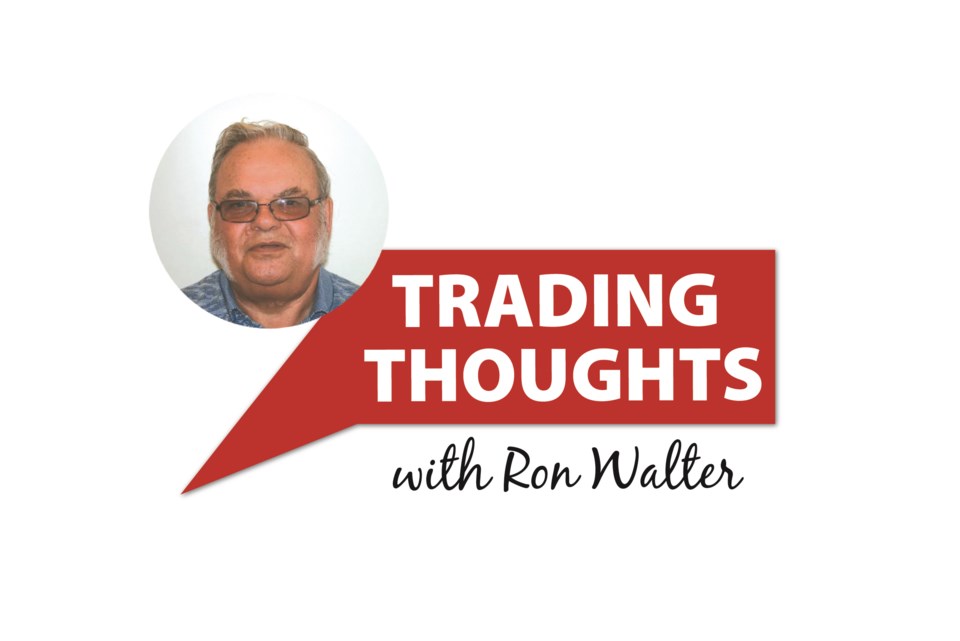The new city council, with four incumbents, had a baptism of city finances when the preliminary budget was brought down in early December.
Councillors were upset at the 4.05 per cent increase in property taxes and the 6+5 per cent increases in utility rates.
About one quarter of the property tax increase goes to improved policing while another big chunk comprises the levy for infrastructure.
Expenditures are up just over $1 million with $700,000 of that for wage and salary increases, which includes moving the mayor’s stipend to an unprecedented $100,000 a year.
Council members are right to question the increase coming on the heels of successive tax increases greater than the rate of consumer price inflation, especially when adding the increase from reassessment.
Lost revenues amount to about $1 million from lower interest on investments, lower share of traffic fines and less provincial funding.
In this householder’s case, property taxes with increases and reassessment jumped almost 40 per cent in the last four years.
That does not include a string of 15 per cent increases in water rates or the $977,000 in curbside recycling fees.
Most other property owners in Moose Jaw have experienced the same type of increases.
Administration made the case that Moose Jaw property owners are paying for a decade in the 1990s.
Councils back then, more concerned about getting re-elected than doing what is right, ignored needs and insisted on zero tax increases.
Out of 10 years, council had six or seven zero tax increases. Now the city is having to catch up.
Wages and salaries make up a huge part of the budget, but need increases to remain competitive. The city does not enjoy wage arbitration because the unions always do better.
We did have a period after all the zero tax increases when the city lost four department heads to other jobs with better pay.
City utilities — water, solid waste, sanitary sewer — will take $28 million from taxpayer pockets this coming year. About one-quarter of that goes to reserves to replace old water and sewer lines.
The choice exists to stop, or slow the pace of the 20 to 25 year water line replacement program, but that would put council in the same position as councils from the 1990s that ignored the cast iron water issue.
Unless council takes drastic action, most of the tax increases will be put through.
There are three places where council could remove the increase.
The transit system subsidy is $1.5 million and has increased from a regular $1 million a year under the past council. Perhaps the time has come to debate whether we can afford a bus system, or how to reduce this subsidy.
Sale proceeds from existing buses could fund a smaller, more flexible system.
Closing Mosaic Place would save the $588,000 subsidy and other costs but would create a public uproar.
Ending the nearly million dollar curbside recycling fee and going back to voluntary recycling would be an option except the previous council locked the city into a long term contract.
The benefit of curbside recycling is questionable since the program collects only a fraction more than under voluntary recycling.
Is the city curbside program just a feel good measure? How much of our recycled trash winds up in someone else’s landfill?
Show voters that the actual benefit is greater than the fees.
Ron Walter can be reached at [email protected]
The views and opinions expressed in this article are those of the author, and do not necessarily reflect the position of this publication.




